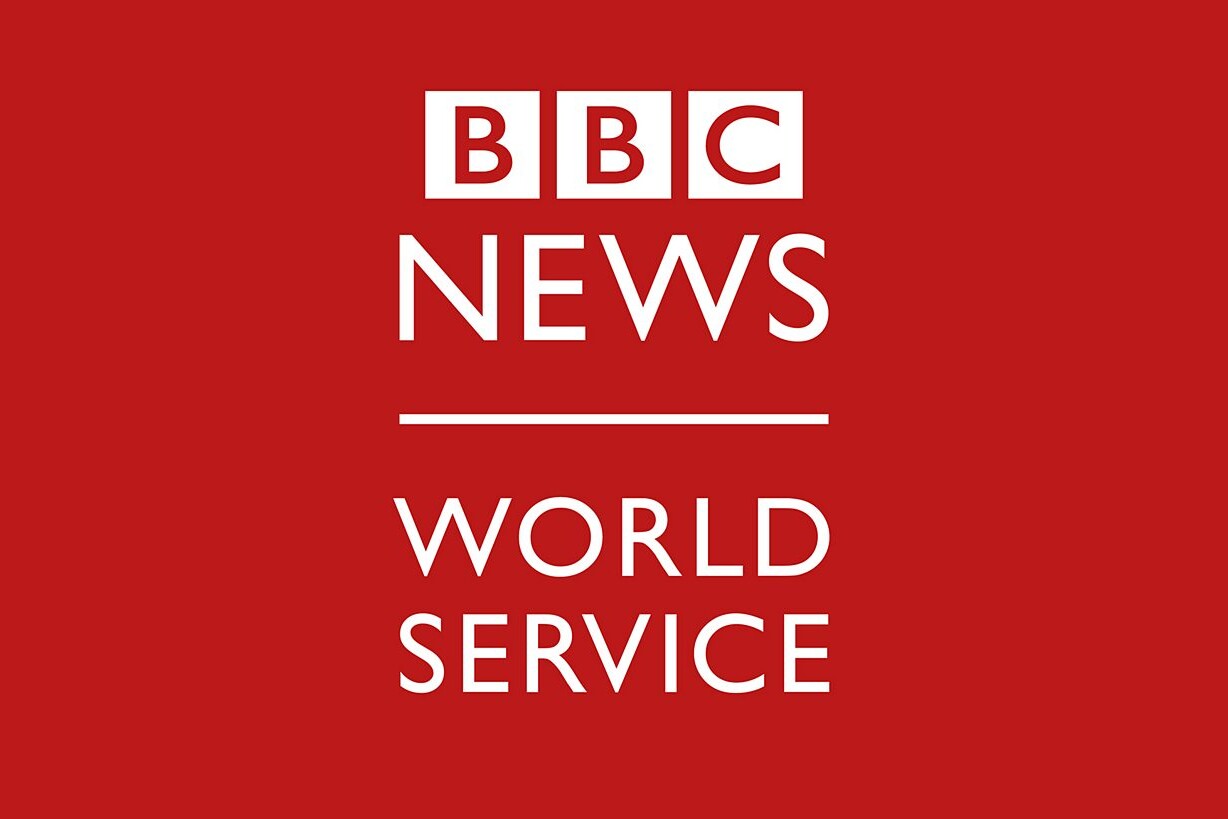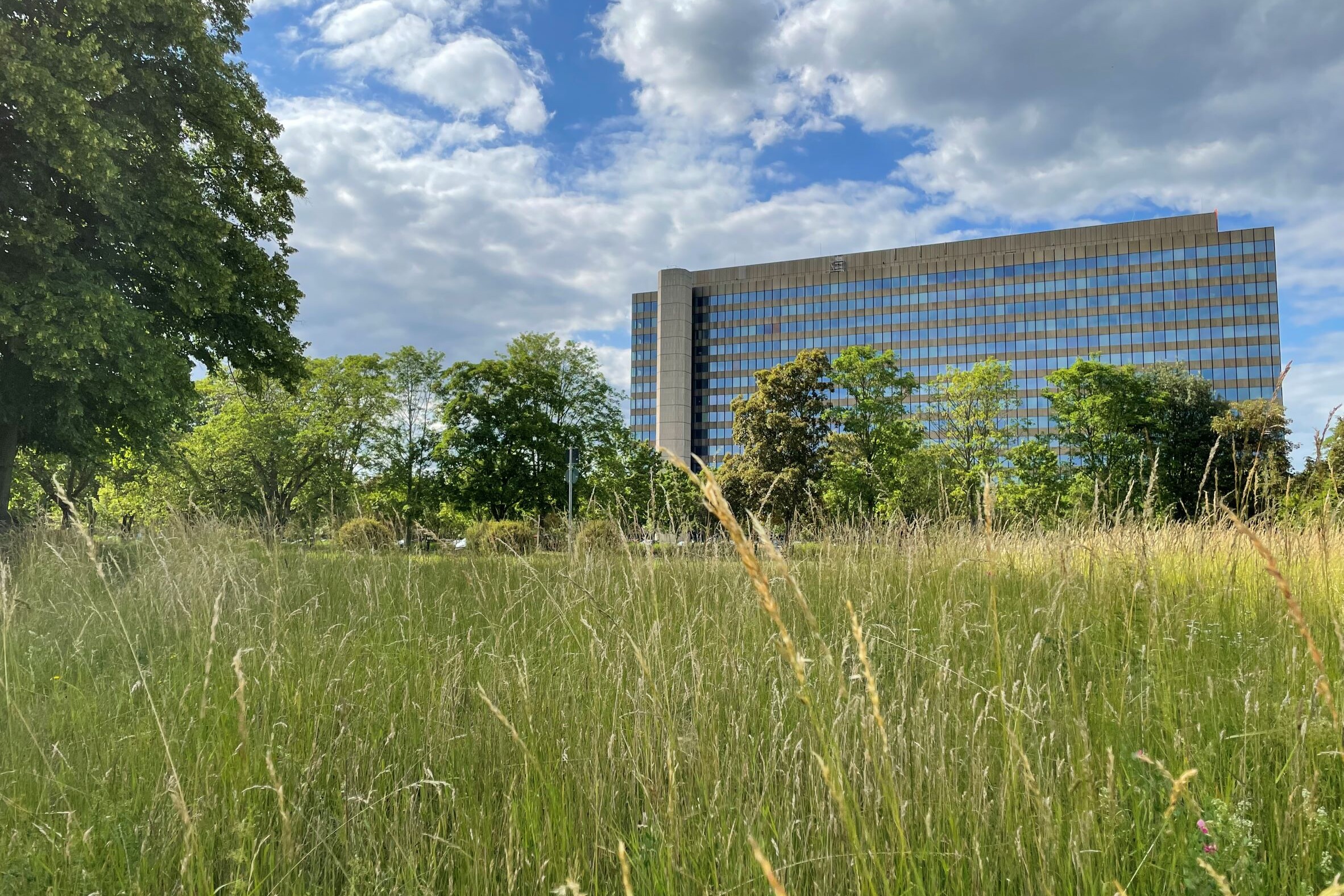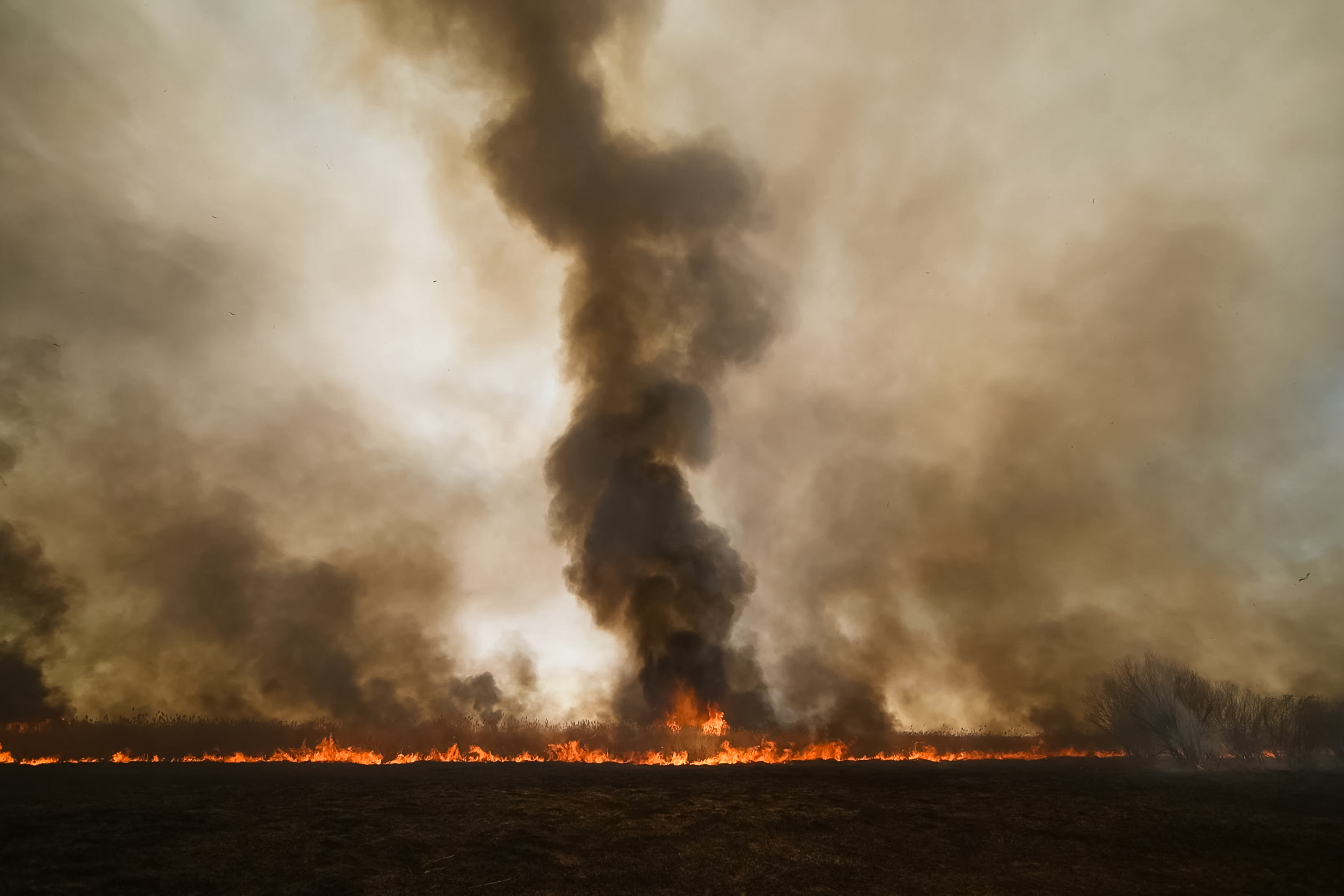WORLD PRESS FREEDOM DAY 2024
WPFD: Public service media and the environmental crisis
3rd May 2024
The theme for World Press Freedom Day 2024 is ‘Journalism in the face of the environmental crisis.’ We speak to leading public service media about how they’re facing up to the environmental crisis, in their journalism and organisations.

“The public trusts us with the information we share with them,” writes Hipolito Novelo, a digital journalist with Channel 5 Belize, in a special Insight for the Public Media Alliance. “We do not take that trust lightly, which is why quality climate reporting is paramount.” For Novelo, public service media’s responsibility lies in providing audiences with clear, balanced, and verified information on all aspects of the climate crisis.
Public service media has a critical role as an essential lifeline utility during times of environmental crisis, providing timely life-saving information for those affected by natural disasters. In those moments, it acts as a conduit for emergency management agencies to broadcast the most essential messages.
It is through its journalism, however, that public media interrogates and tackles the challenges and impact of climate change: from exposing the abuses of those harming the environment, through to exploring the consequences of environmental degradation on the planet and on people.
Journalists need to be protected when reporting on these stories. Speaking to PMA, Tracy Seeley, Senior Director of Newsgathering for CBC News, said “Climate is increasingly a hostile space to be reporting on in Canada.” As such, CBC has taken practical measures to train their journalists in how they cover climate, so they are “ready to face forest fires, floods, and natural disasters, as well as to navigate online harassment.”
To explore how public media approaches such an enormous and pressing subject, PMA has spoken to several member organisations about the challenges they face in their reportage, and the various subjects they tackle.
How public service media covers the environmental crisis
“Through rigorous fact-checking and the creation of positive, impactful content, we empower our audiences to navigate the complexities of climate change with clarity and confidence,” said Axelle Pollet, a spokesperson for one of Belgium’s public broadcasters, RTBF. “In doing so, we provide not only a platform for informed debate but also a fertile ground for innovative solutions to take root and flourish. It is imperative that our efforts are inclusive, ensuring that every voice is heard, and every perspective considered.”
Demonstrating its commitment to the worthiness of this issue, RTBF has created a dedicated space on its website, which includes latest news headlines and resources for audiences.
“It’s critically important to decipher what changes are happening in our world and hold the stakeholders accountable. It’s equally important to decode and translate statistics and data in ways that humanize the science of climate change.” – Susan Ormiston, CBC’s International Climate Correspondent
At PTS Taiwan, to ensure journalists are investing their time and energy into the right topics, there are two main approaches to environmental journalism: research and field investigation. “For research, we seek assistance or collaboration from relevant academic institutions and NGOs, while field investigations are conducted by reporters,” said Yu Li-Ping, the Producer of PTS “Our Island” News Program Group. “After verification and compilation, scientific research information and field imagery are combined to produce in-depth reports.”

Environmental concerns are now the focus of many programmes for public media. Namibia’s NBC recently highlighted the role of environmental journalism on their current affairs programme, Situation KRiTiKal. And at CBC, the organisation has appointed its first International Climate Correspondent, Susan Ormiston. “It’s critically important to decipher what changes are happening in our world and hold the stakeholders accountable,” she said. “It’s equally important to decode and translate statistics and data in ways that humanize the science of climate change.”
Meanwhile, another service provided by CBC is the creation of an interactive Climate Dashboard, which “uses real-time and historical data from the Meteorological Service of Canada to help demystify complex weather and climate forecasts,” Seeley said. This service addresses the lack of access to Canada-specific current data and modelling.
How the environmental crisis challenges public service media
As with any significant story, the environmental crisis poses significant challenges to public service media journalism. For example, there are numerous actors to investigate; or there are sceptical audiences to reach.
For PTS Taiwan, the major issue is transparency. “The biggest challenge in environmental reporting is information disclosure, especially when dealing with pollution and major land development cases” said Yu Li-Ping. “Despite Taiwan having a comprehensive environmental impact assessment system and a democratic society with open information operations, many key pieces of information are still held by government agencies and corporations, making it difficult to obtain comprehensive access and posing challenges in reporting.”

With countries such as in Canada, distance is also a major problem . “Covering climate stories across Canada’s vast geography will always be a challenge,” said Tracy Seeley, who oversees the International Climate Unit. “When climate stories break in remote areas across Canada, CBC News draws on its team of local specialists and reporters to cover environmental harms, alongside climate solutions.”
Not just journalistically does the climate crisis challenge public service media, but also institutionally. News teams are all now assessing their own carbon impact through their job, and evaluating ways to mitigate this impact. At Radio-Canada, this has led to an organisational emphasis on raising awareness of both internal teams and the independent producers they work with, to calculate the carbon footprint of those productions.
“It is imperative that our efforts are inclusive, ensuring that every voice is heard, and every perspective considered.” – Axelle Pollet, Spokesperson for RTBF
How public service media is adapting to the environmental crisis
There are opportunities for public service media, however. “Canada is a vast territory covered with great environmental diversity, which in itself poses several challenges for resource distribution and team safety,” Jean François Rioux, GM Regional Services for Radio-Canada told PMA. “One of the solutions involves technology, which now allows coverage with lighter equipment. This also has the advantage of helping to reduce our carbon footprint, especially when traveling.”
During filming for the documentary Comment ça va, le Nord? in Yukon, in Canada’s Far North, a series of behind-the-scenes vignettes were produced to illustrate the difficulties of filming in the area. The production also invested in offsetting its carbon impact.

The environmental challenge is pushing public service media to innovate, and experiment with new forms of technology. At Belgium’s RTBF, they have developed “a new production tool: a mobile production unit that is light, robust, and low on electricity consumption, mounted on a trailer and pulled by an electric bicycle,” said Pollet.
Sweden’s SVT has similarly invested in this area, developing a sustainable cloud-based production technology, which it says will save on both carbon emissions and finances.
Many public service media organisations are ploughing investment into this area, and looking at how they can become more sustainable. This was the focus of a PMA-IAPMR “sustainability symposium” held in London last year. Organisations are developing strategies, employing staff, and making substantial changes to their processes to demonstrate they are taking the environmental crisis seriously.
Related Posts
1st May 2024
BBC World Service reveals for the first time that 310 of its journalists are working in exile
Ahead of World Press Freedom Day, the…
16th September 2022
How ZDF is on the way to becoming a climate-neutral public media organisation
Discover German public broadcaster…



